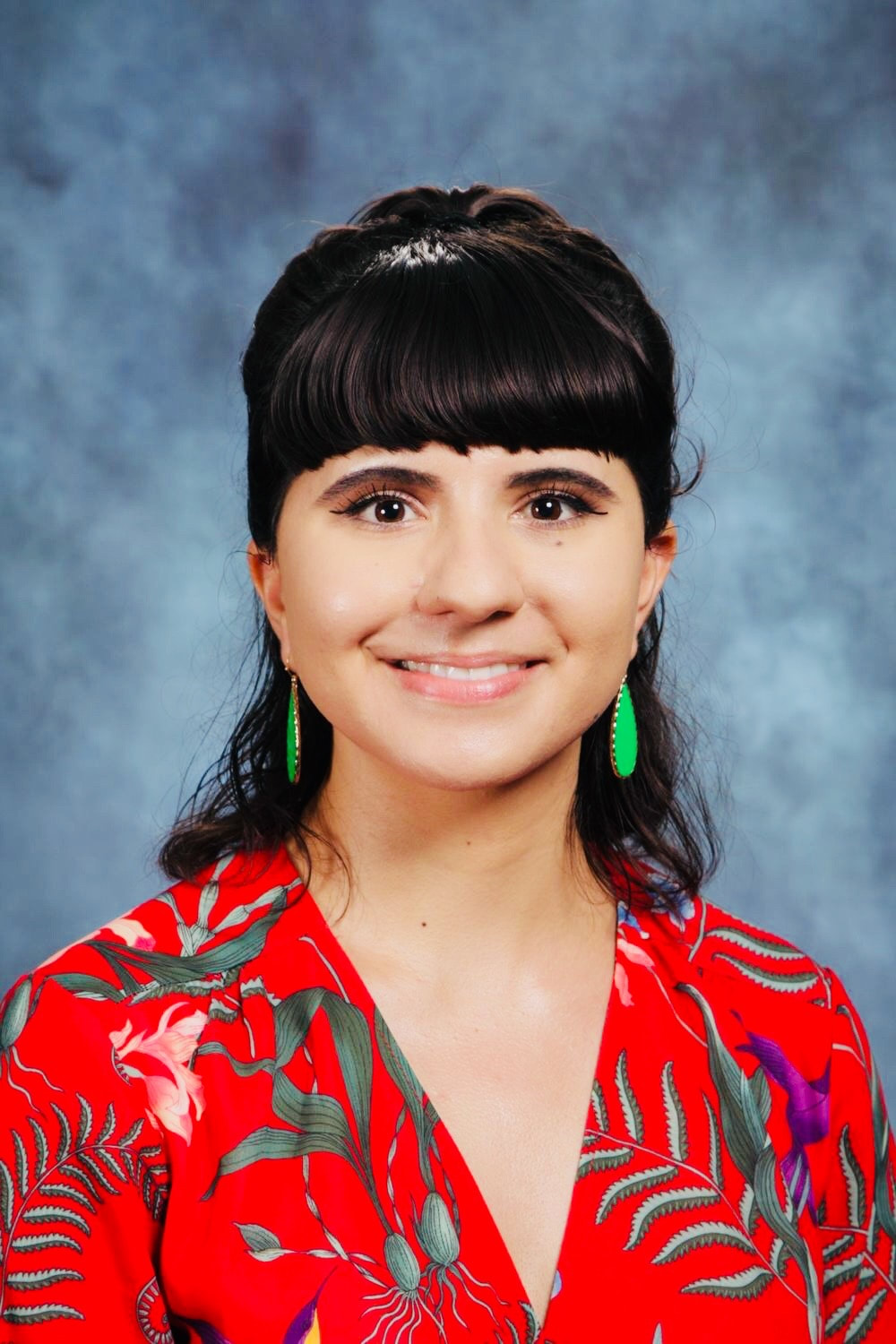Subversive Protest in Paul Laurence Dunbar and Claude McKay’s Sonnets (with Donna Denizé)
Using the complex and multiform poetry of Paul Laurence Dunbar (1872-1906) and Claude McKay (1889-1948), this talk unpacks the artistic and cultural problems that these authors encountered in their respective historical periods: the Post-Reconstruction period for Dunbar, which saw the failure of racial progress during Reconstruction and the emergence of Jim Crow laws/segregation, and the Harlem Renaissance for McKay, which saw black modernist artists advocate for a distinct tradition that challenged “the white gaze” or exclusively white commercial interests. We will discuss how Dunbar and McKay negotiated the sonnet form to interrogate the structures of racial oppression in America; in this undertaking, both interrupt the form to create a larger, more inclusive map of American art and culture.
Our talk examines Dunbar’s “Sonnet (On An Old Book With Uncut Leaves)” (1899) and McKay’s “America” (1921) and “The Lynching” (1922) to show how each poet took the conventional European form of the sonnet—one of love and longing—and turned it on its head for racial commentary. Dunbar used his sonnets to comment on the limitations caused by white reception of his dialect work, namely his desire to write other literature outside of the genre. McKay used his sonnets not merely as a form of racial protest but as a call for social justice, expressing the bitter love that black Americans had for a country that denied them equal rights. These two poets provide us with tools not only to navigate but to also resolve problematic binaries, and to fight the racism that confronts everyone currently living within these dualities.
Our talk examines Dunbar’s “Sonnet (On An Old Book With Uncut Leaves)” (1899) and McKay’s “America” (1921) and “The Lynching” (1922) to show how each poet took the conventional European form of the sonnet—one of love and longing—and turned it on its head for racial commentary. Dunbar used his sonnets to comment on the limitations caused by white reception of his dialect work, namely his desire to write other literature outside of the genre. McKay used his sonnets not merely as a form of racial protest but as a call for social justice, expressing the bitter love that black Americans had for a country that denied them equal rights. These two poets provide us with tools not only to navigate but to also resolve problematic binaries, and to fight the racism that confronts everyone currently living within these dualities.
Amanda Mehsima Licato received her Ph.D. in American literature from Stanford University. She teaches in the Upper School English Department at St. Albans School in Washington, D.C. and has published in leading journals such as J19: The Journal of Nineteenth-Century Americanists, Callaloo, and MELUS.
